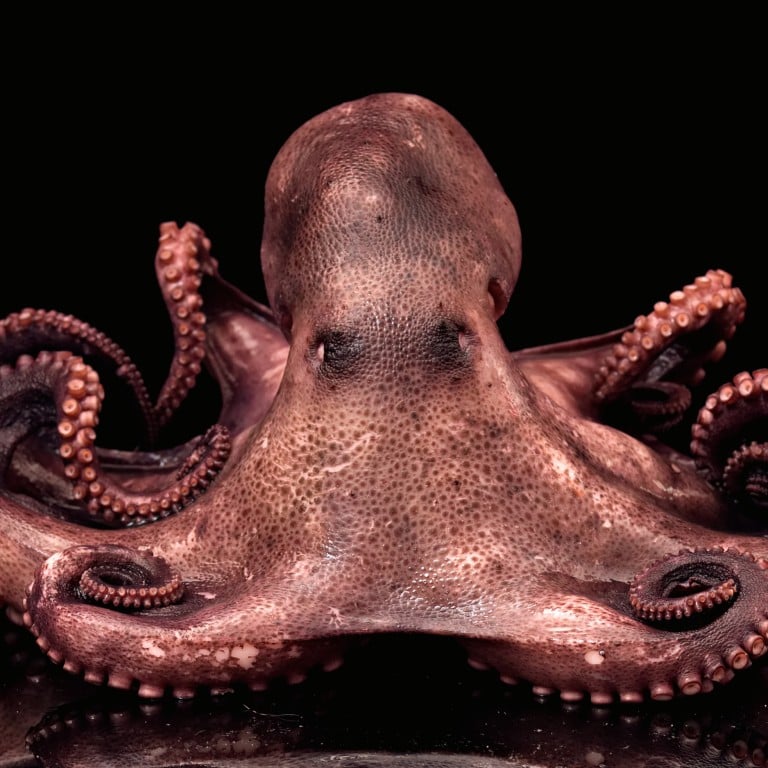
Octopus word origin, the correct plural form, and the Chinese idiom that gave birth to the name of Hong Kong’s famous travel card
- While the origins of the word ‘octopus’ are fairly straightforward, what isn’t so clear is the correct form of the plural – is it octopi, octopuses or octopodes?
- Far-reaching influence or power, usually harmful or destructive, has been a figurative meaning associated with octopus, though such connotations are changing
October is Octopus month, with World Octopus Day on October 8, of course.
The octo- in the name of the month and the cephalopod mollusc means “eight”, from the Greek ὀκτώ oktō. -Pus comes from the Greek πους pous, from the Proto-Indo-European root *ped, meaning “foot”.
The word “octopus” was, in fact, coined in scientific Latin from ancient Greek, standardised in 16th century Linnaean taxonomy and later adopted into English. In ancient Greek, the creature was known as polypous “many-footed”, which was later borrowed into Latin as polypus (with forms in other languages).
What is usually less clear is how to speak of several of these creatures. A poll of my three-person household demonstrated the split perfectly – octopuses, octopi and octopodes – and illustrates how the English language determines its plural forms.
The word ‘taboo’ and how it helped one tourist hotspot achieve zero Covid
Appearing earliest in English, in 1816, is octopi, a widely used form.
When a noun from another language is adopted into English, it often retains its endings based on the source language’s rules. Octopus is regarded as being formed in Modern Latin from Greek elements, as with many modern scientific names of creatures, and thus assumed to take the Latin -i plural ending for second-declension nouns ending in -us (as in alumnus ~ alumni) – giving octopi.
However, the -us ending of octopus does not, in fact, put the noun into that category – rather, -us is merely part of the Greek element pous for “foot”. Insisting on octopi as the plural is considered hypercorrection – the use of a word form or pronunciation based on a false analogy.
As a Neo-Latin noun originating in Greek, octopūs is actually deemed a third-declension noun, taking the classically correct Greek plural ending, giving octopodes (pronounced “ok-TOH-po-deez”). This usage is the rarest of the three.
That’s cool! Pukka is a word with multiple meanings and roots in the Raj
The third option is to use the regular plural ending of the language into which a word is borrowed – for example, campus and thesaurus have the regular English -es plural. And so it is with octopuses – the most common form, documented in dictionaries, corpora and academic publications.
Octopus is the English moniker of Hong Kong’s contactless smart card system, invoking number eight of the Cantonese name 八達通 Baat Daaht Tùng “eight arrived pass”, referencing the cardinal and ordinal directions, and the idiom 四通八達 sei tùng baat daaht “reachable in all directions”.
Far-reaching influence or power, usually harmful or destructive, has been a figurative meaning associated with octopus. Recent appreciation of the animal’s emotional intelligence is, however, changing such connotations.

